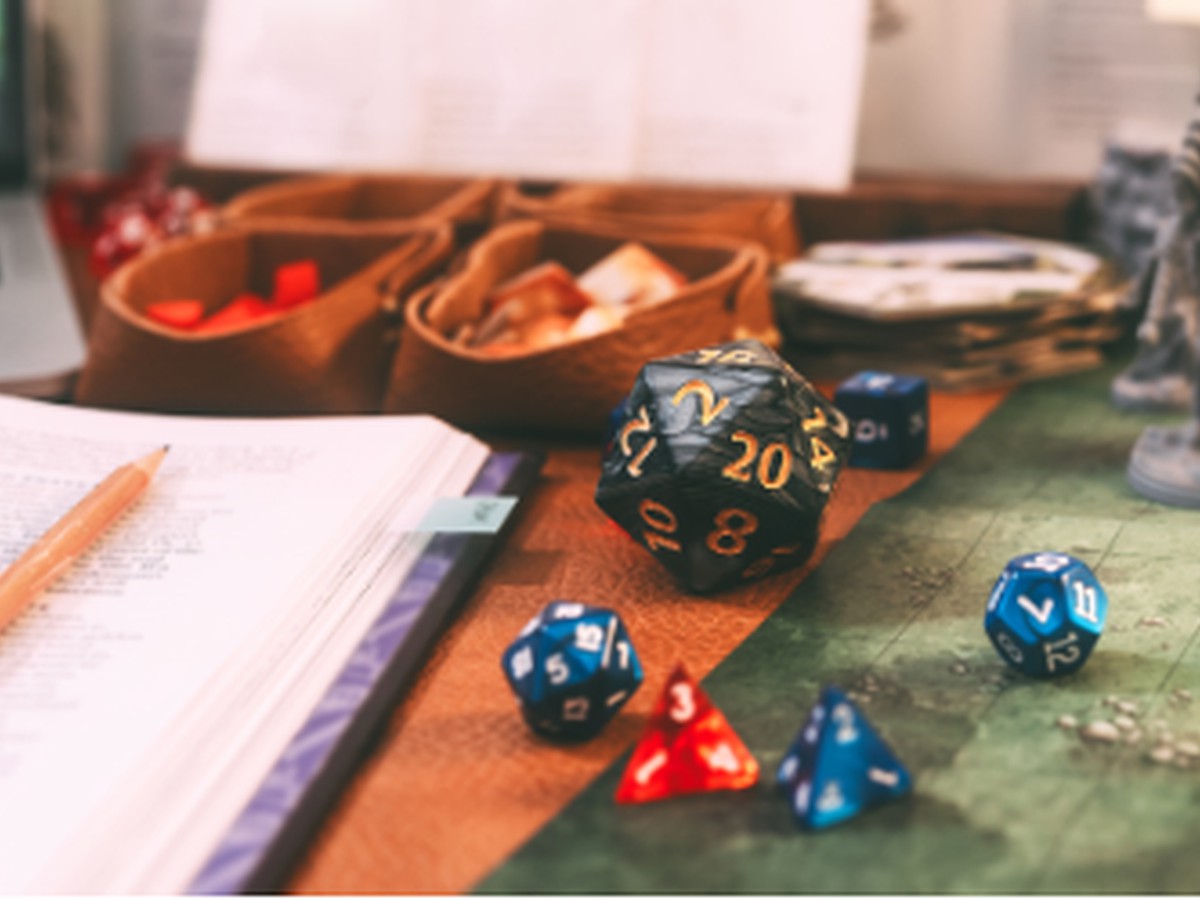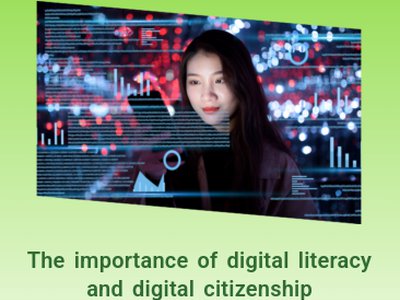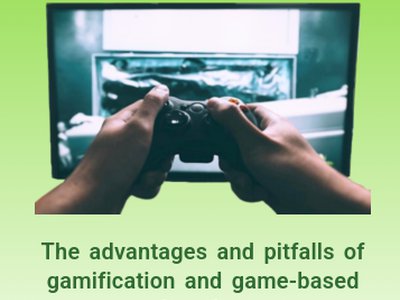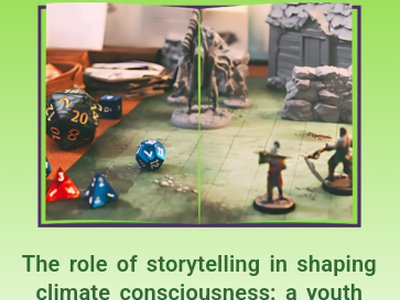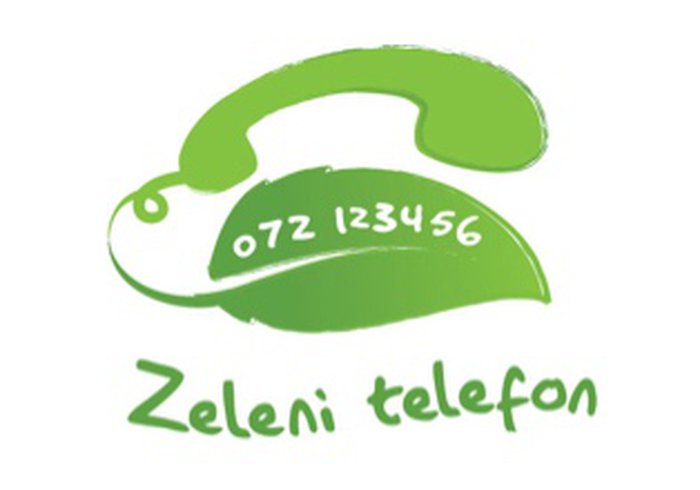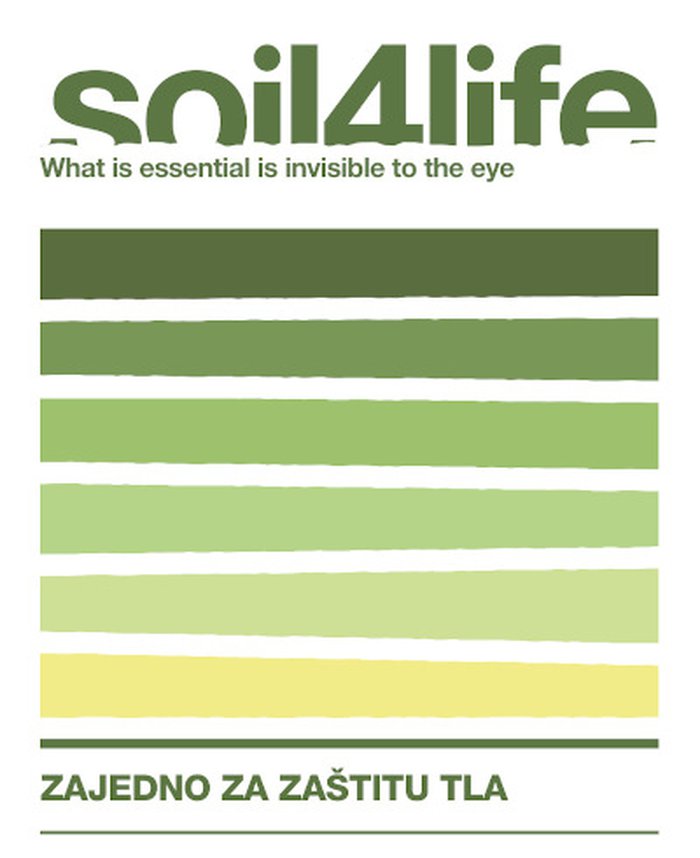Climate change can often seem distant and abstract, especially to young people. Yet, engaging them emotionally and intellectually is crucial for inspiring meaningful action. Storytelling, particularly through narrative video games, offers a dynamic approach by transforming complex global issues into personal and relatable experiences. Youth workers, as facilitators of growth and empowerment, can use this strategy to foster empathy, critical thinking and activism.
The power of narrative communication
Narrative communication is a psychological process that influences beliefs, attitudes, and behaviors. It has long-term persuasive effects by engaging the audience emotionally, making them more receptive to the message through immersion in the story, which fosters empathy with characters and situations.
Emotional engagement and empathy building
Narratives have a unique ability to elicit empathy by creating a connection between the audience and the story’s characters. In climate-related games, players often face moral dilemmas, such as choosing between economic growth and environmental protection. These scenarios evoke emotional responses that are crucial for fostering empathy and motivating climate action. Youth workers can use these games to initiate discussions about environmental justice, the ethics of sustainability or the role of individuals in collective action.
Youth work focuses on fostering critical reflection and personal development and narrative video games provide a valuable tool to explore complex issues in a safe, engaging environment, making abstract concepts more tangible. After gameplay, youth workers should facilitate discussions to help young people connect the narrative to real-life climate issues.
Read more here.
The project partners write one article every month, on the project page, under "news", find the article you want to read!
Funded by the European Union. Views and opinions expressed are however those of the author(s) only and do not necessarily reflect those of the European Union or the European Education and Culture Executive Agency (EACEA). Neither the European Union nor EACEA can be held responsible for them.

